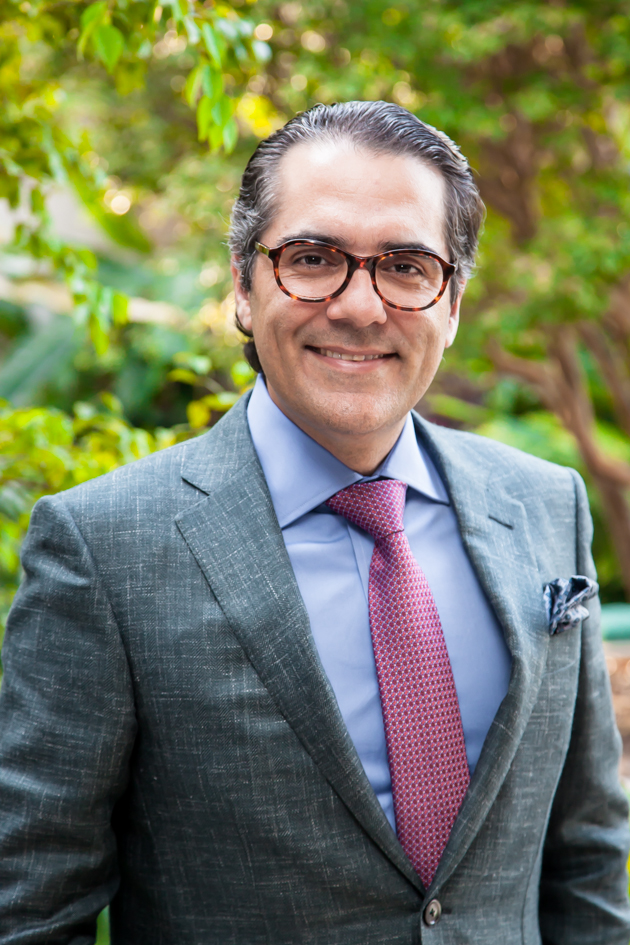If divine means perfection through eternity, then being mortal is outrageous. Human beings proudly distinguish themselves as arguably rational animals, unconsciously unaware about how much suffering results from knowing that death is just around the corner, unscheduled, unpredictable.
Since old times, religions and philosophies have been trying to provide answers to the ultimate question of life: what happens next? That’s our exclusive holy curse, since animals and plants simply aren’t conscious about the existence of death. Not surprisingly, lots of people live daily routines and tasks, flowing from place to place, far away from any existential or essential questions.
Obviously, death is not a 21st century remarkable topic. During centuries, people around the globe developed artifacts, rituals and symbols to create sense of meaning for their lives. Families, communities, countries and religions conquered special roles in this integrated collection of feelings and thinkings.
Companies are also live organisms. They are simply made of groups of people sharing common values and beliefs in order to effectively deliver some kind of product or service. There is some illusion here, since traditional brick and mortar companies provide concrete perspective of solidness, while new online business models are too abstract to be pictured. Still, as certain as days and nights, companies are born and dead everyday, everywhere.
As an expert in strategy, culture and leadership, I have been working with some great executives in large companies around the world. During my almost twenty years of consulting and counseling, I have seen lots of systemic shifts in corporate dynamics, among which I definitely can highlight the speed of change imposed by technological and anthropological driving forces.
It’s straightforward to conclude that this speed of change can both generate more births of rocket stars and more deaths of iconic corporations. From birth to death, companies usually live cycles, with leaders playing different roles according to current challenges and plans. Transformation journeys (or change management, as the mainstream academia likes to say) now drive key decision making of executive committees, board rooms and senior leaders, all of them committed in extending the life of their companies beyond infinite.
Notwithstanding, few companies survive three generations, fewer survive more than a century. In the end, if so, brands and some strategic assets still stay around just to remind us from old days.
What does that means for you and me?
Well, first of all, we must find our personal equilibrium, putting together our healthy body, soul, mind and spirit. Then, start considering your legacy. In the end, doesn’t matter if you can’t live forever. What matters are how your acts and words impacted others during all your interactions.


